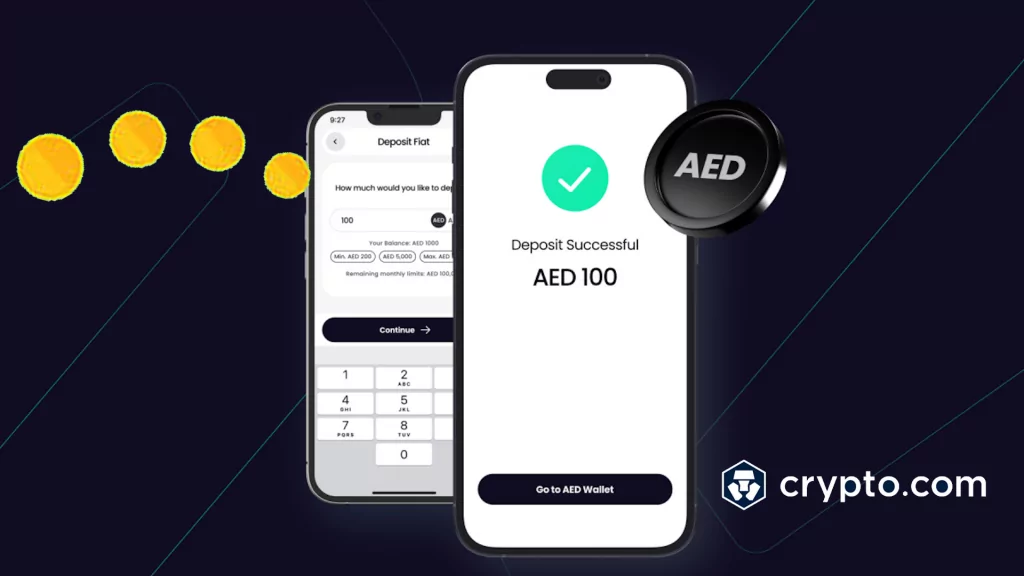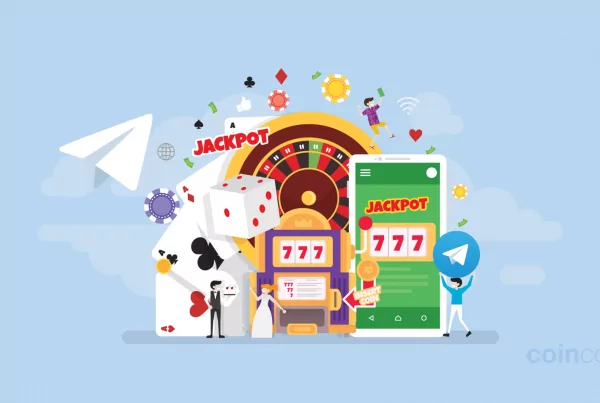
Key takeaways
- Users in the UAE can deposit and withdraw AED to their Crypto.com accounts without Crypto.com fees.
- The AED Fiat Wallet enables quick and secure funding for crypto purchases.
- Bank transfers are supported by Standard Chartered, a leading international banking partner.
Simple and fee-free AED transactions*
Crypto.com has announced and launched the AED Fiat Wallet, providing users in the UAE with a convenient option to deposit and withdraw UAE dirhams (AED). Users with UAE-based phone numbers can now access this feature to fund their accounts quickly and securely for cryptocurrency transactions. Deposits from UAE bank accounts are fee-free on Crypto.com, although users may incur charges from their own banks or intermediaries.
“The UAE is a vital market for us, so being able to offer our loyal Crypto.com App customers here the ability to deposit and withdraw in their local currency is a massive regional milestone and something we’ve been working towards for a long time. This new wallet launch is made possible through our global banking partnership with Standard Chartered which we announced in August, alongside the ongoing and valued support of VARA, which enables us to continue our expansion across the UAE.”
—Tarik Erk, General Manager MEA at Crypto.com
The AED Fiat Wallet is powered by Standard Chartered, ensuring reliable and efficient banking services for transfers.

How to set up your AED Fiat Wallet
Setting up the wallet is straightforward:
- Open the Crypto.com App and navigate to Deposit > Fiat > Set Up New Currency > UAE Dirhams.
- Use the provided deposit details to complete a transfer from your bank account.
For additional details, users can refer to the Help Centre within the app.
The bottom line
The AED Fiat Wallet offers UAE users a streamlined and secure method to fund their accounts, making crypto trading more accessible. Backed by a trusted banking partner, the wallet ensures that users can enjoy a hassle-free experience while managing their funds.
(*Crypto.com does not apply fees for AED deposits, though users’ banks may impose charges.)



